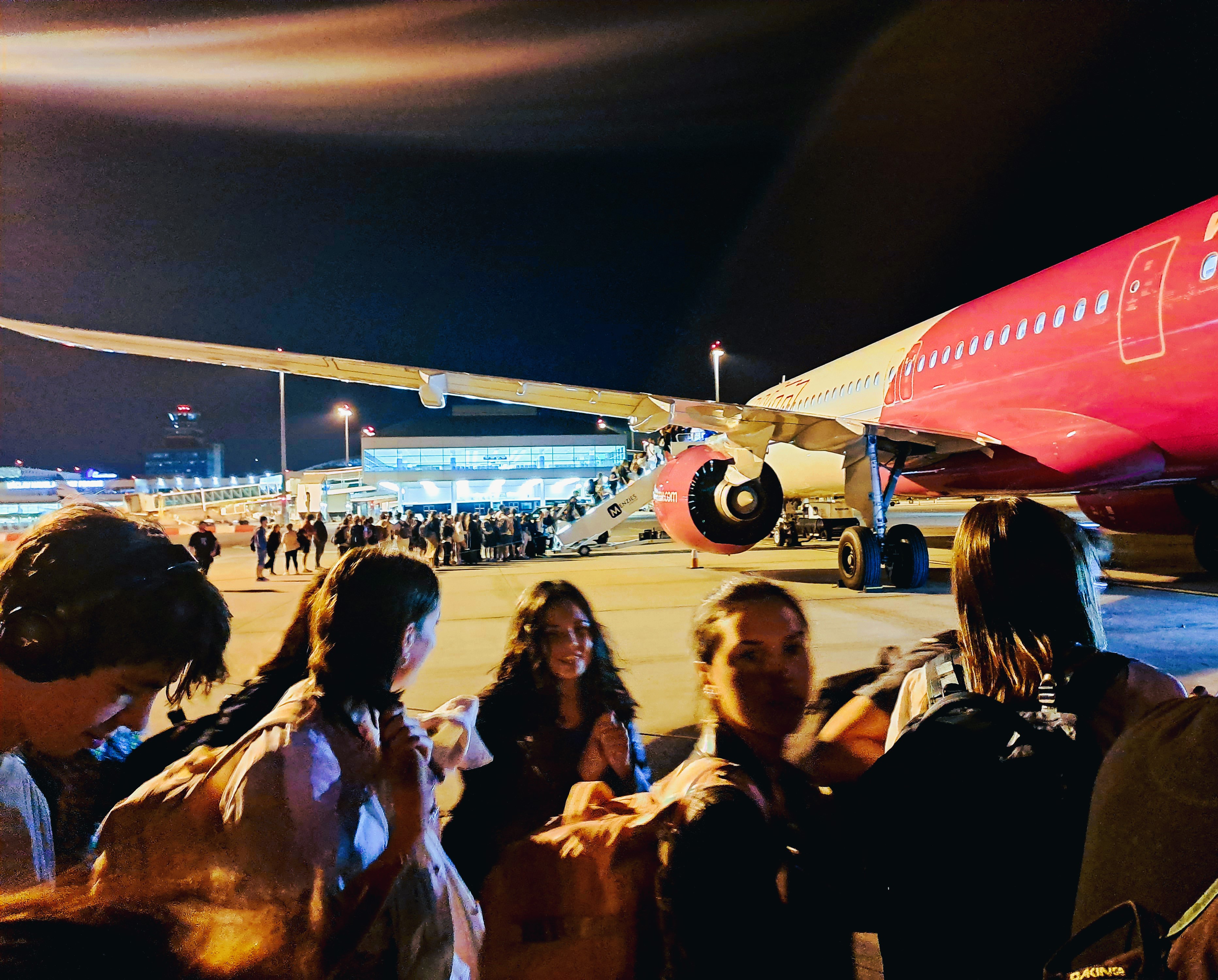
The course moves on from the observation of the current multimodal character of contemporary migration, of the consistent refugee flows triggered by crises and conflicts in different regions on the margins of the European continent, of the dimensions of south-south migration and the wide range of internal migration in some large areas of the globe. From a theoretical perspective, a transnational approach allows to analyze the migratory phenomena as a continuum between countries of destination and origin, to look at the transnational practices of migrants and diasporas, as well as the social transformations generated by migratory flows. The crisis of the multicultural model will be discussed in a comparative perspective in the light of the inclusion and socio-educational policies adopted in different national contexts.
The course aims to solicit curiosity and interest on migratory phenomena, cultural diversity and their management through a path of self-reflection and discussion based on bibliographic, audiovisual materials and reports from privileged witnesses. Students will be invited to present their experiences and reflections in order to refine their positions on the perception and reality of contemporary migration, on the role of policies and practices of governmental and non-governmental actors in their management at local, national and international level.
At the end of the course the student:
- has become familiar with the complexity of migratory phenomena and their management in contemporary societies
- has developed a capacity for self-reflection and re-elaboration of their experiences and knowledge on the subject of migration
- is able to critically orient her/him-self between the different approaches to social inclusion and multiculturalism
The course aims to solicit curiosity and interest on migratory phenomena, cultural diversity and their management through a path of self-reflection and discussion based on bibliographic, audiovisual materials and reports from privileged witnesses. Students will be invited to present their experiences and reflections in order to refine their positions on the perception and reality of contemporary migration, on the role of policies and practices of governmental and non-governmental actors in their management at local, national and international level.
At the end of the course the student:
- has become familiar with the complexity of migratory phenomena and their management in contemporary societies
- has developed a capacity for self-reflection and re-elaboration of their experiences and knowledge on the subject of migration
- is able to critically orient her/him-self between the different approaches to social inclusion and multiculturalism
- Titolare: PAOLO RUSPINI